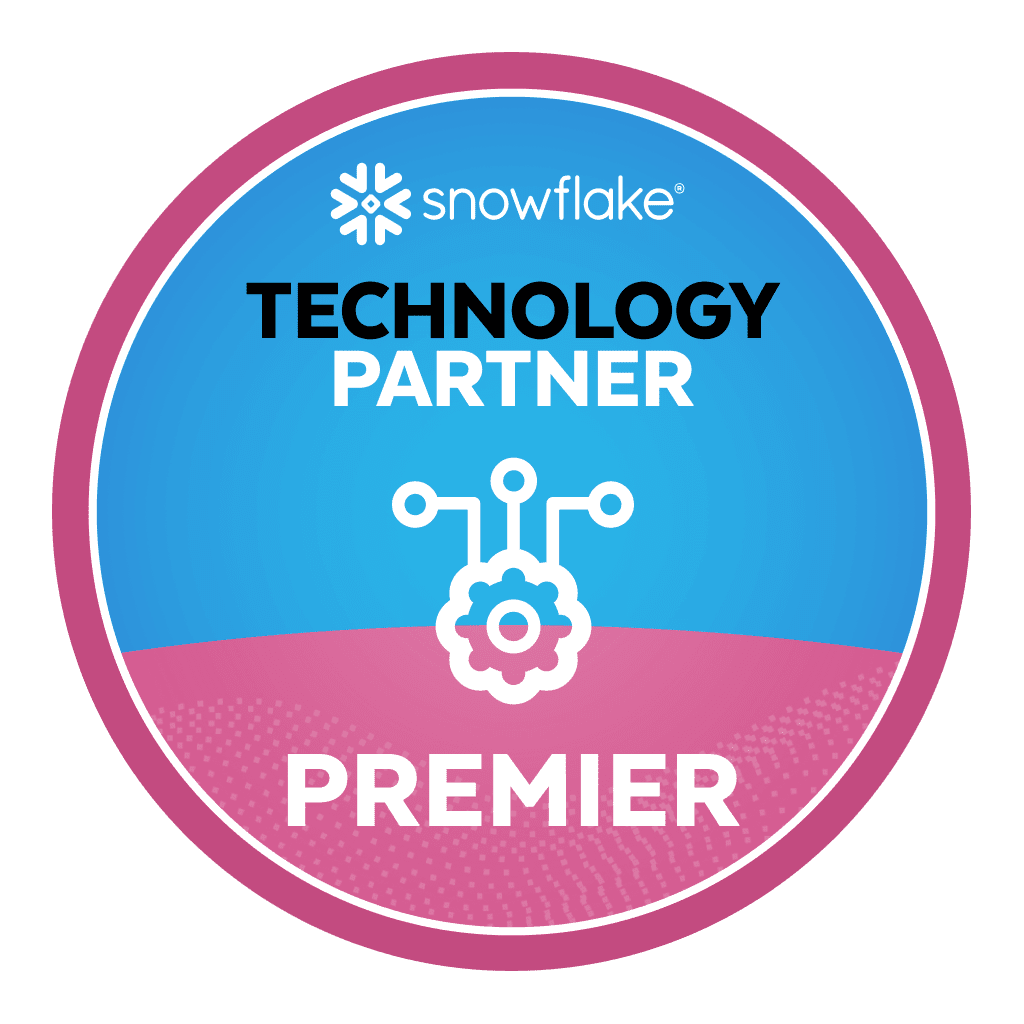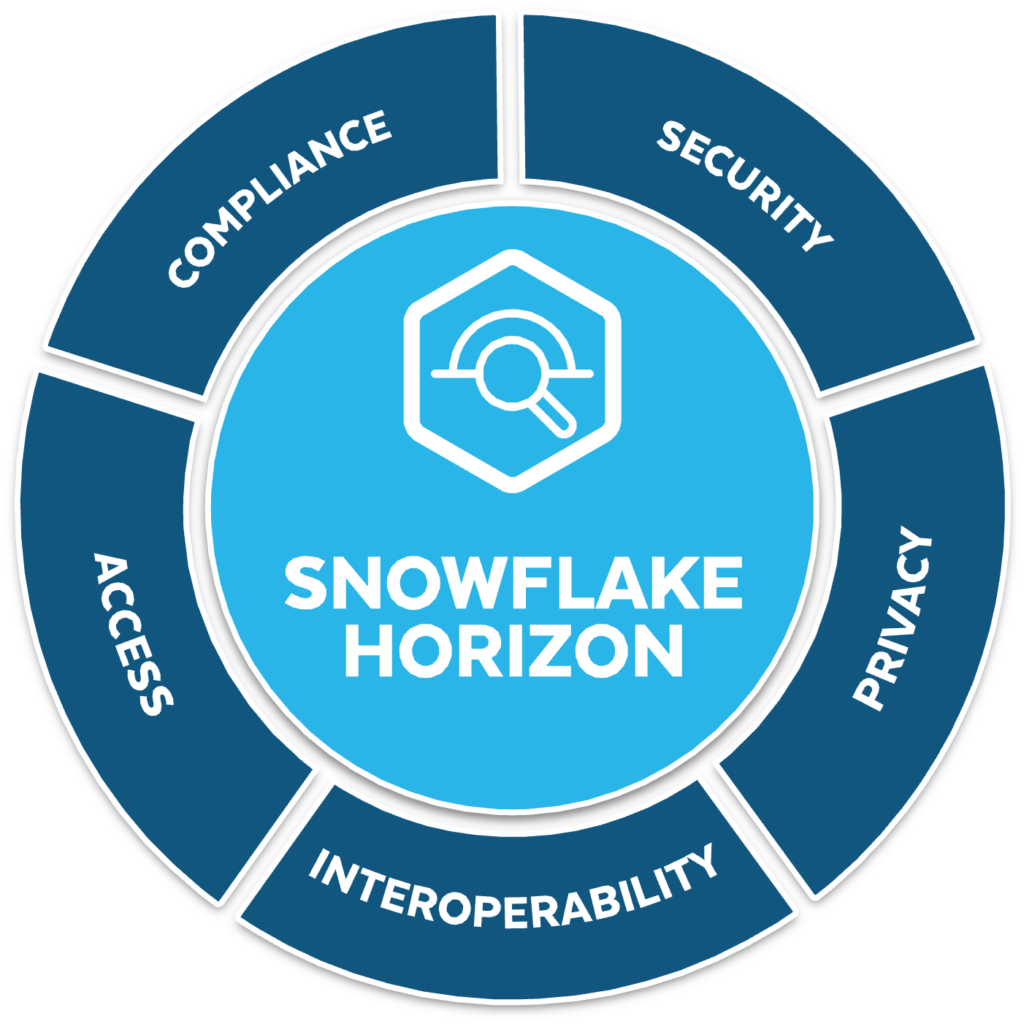Data ownership has become an important talking point over the past few years. However, the term has two different meanings, depending on the context. From an organizational standpoint, data ownership goes hand in hand with data management: who are the people in charge of the data, its safekeeping, and ensuring its quality and usage?
On the other hand, data ownership from a legal standpoint refers to the subject of the data – GDPR and CCPA are examples of this, outlining specific rights for consumers and corporate collection of their data.
This guide will focus on the first definition, especially since proper data management also calls for compliance with local, federal, and international laws regarding data use and storage. Of course, knowing how to identify data owners is the first step to proper data ownership.
By knowing who handles different data segments and cares for their accuracy as it relates to their work, your organization can create comprehensive data governance strategies to ensure the data you collect remains safe, secure, and used correctly.
In this article, you will learn about:
What is Data Owner Identification?
As mentioned above, data ownership refers to the person or team responsible for the data’s classification, protection, use, and quality. Therefore, data owner identification is a necessary process of determining who within the organization is reponsible for the data. By correctly identifying the correct data owners, your organization can create, edit, process, and apply information efficiently. But how do you find the right people for the job?
The data owner is the individual who is accountable for the information. This individual may not necessarily be the most technical skilled, but they take ownership and responsibility for the data. The data owner has the both the authority and the resources to initiate changes and actions to workflows and ensures the data quality through data audits.
You may also hear the terms data owner and data steward used interchangeably. While they are similar, those roles still have their differences.
The data owner is someone who has the knowledge, understanding, and seniority to ensure data accuracy and quality and whose job requires high-quality data to accomplish their goals.
Data stewards, however, may work with data on a day-to-day basis and have related data management tasks delegated to them by a data owner, but their job is to maintain the data, not necessarily use it.
Why Data Owner Identification is Important?
The most important reason for identifying data owners within your organization is to ensure accountability for the safety of sensitive data. Moreover, organizations collect and interpret data to improve business processes, define security and ethical data use policies, and perform even the most basic functions.
By identifying who is responsible for the data and choosing the best people for the job, you can make sure your organization is making the most of the information it stores and control how the data is accessed, used, and maintained.
Without data owner identification, processes can become redundant, with multiple parties overwriting each other’s work, causing data quality and security to break down. These problems can cripple a business if left unchecked, either through inefficient practices or even a breach of data compliance laws.
Challenges in Data Ownership Identification
Finding the right people to take ownership of your organization’s data can be difficult, especially if you’ve never considered this before. Here are a few common challenges and their solutions.
Not Having a Clear Definition of Roles and Responsibilities
Especially if you work within a small business or start-up, some people may fill multiple – even overlapping – roles. Without a clear understanding of who does what and why, determining data ownership is an impossible task.
Instead, ensure each person within your organization has their role defined with minimal overlap. From there, determine what data is essential for each person to fulfill the functions of that role (for instance, a sales representative needs access to client information, whereas HR needs access to employee records).
The most senior person within each team should be designated as a data owner for their segments as they’re the ones who have eyes for data quality relating to their work and can articulate how to best keep it safe and updated.
Conflicts Arising from Co-Ownership
Sometimes there might be two or more people who seem like the best fit as the data owner. While some organizations assign ownership to teams instead of individuals, not having a consensus on how the data is stored and used can cause many issues.
Suppose seniority can’t be used as a determining factor. In that case, data ownership can be assigned based on how frequently someone uses the data and how it’s used to forward your organization’s goals. For example, marketing and sales personnel could use customer data. However, marketers might use that data a few times a month, whereas the sales team uses it daily. Therefore, ownership would fall on the sales team as they’re most familiar with the data, keep it updated, and use it most often.
Data Ownership Identification Best Practices
Assign Data Ownership to Team Leads and Senior Staff
To ensure the data your organization collects and stores remains high-quality, finding the right experts who understand the data and its value is the logical first step to assigning ownership. Ideally, these individuals are senior staff who know how to keep the data secure and up-to-date and how to delegate maintenance and research tasks to others while ensuring data hygiene.
Make Sure All Data Has an Owner
With the Internet and how automated data collection has become, it’s easy for organizations to collect a surplus of data. Not only is it wise to ensure that every piece of data has an owner, but it should be used in one or more business functions. In other words, don’t collect data your organization doesn’t need. For the data it does need, assign someone to own it.
Train Everyone to be a Data Steward
Even if you have people assigned as data stewards, it would be beneficial to teach everyone within your organization the basics of good stewardship. By training everyone on skills like how to correctly enter or edit records or how to report duplicates or errors (if they don’t have the privilege or know-how to handle it themselves), you lower the risk for human error while simultaneously developing their familiarity with the data and who owns what. This also makes communication within and across your organization’s teams much more efficient while keeping your data clean and secure.
Understanding Data Ownership with Satori
Data ownership is a critical first step towards developing a data governance framework. Data ownership ensures that there is an individual or team who is ultimately responsible for that data. Satori can help the data ownership by:
- easily enabling access to data, even if that data is located across multiple platforms
- continuously discovering sensitive information
- creating security policies, including fine-grained security policies
To see how Satori can help with all your data needs, schedule a demo with one of our DataSecOps experts.
Satori helps you with DataSecOps for your modern data stack. This includes continuous sensitive data discovery, integration with existing data governance tools to make data governance more efficient and immediate, and means to streamline access to sensitive data and create security policies that are independent of the specific data infrastructure you’re using.



